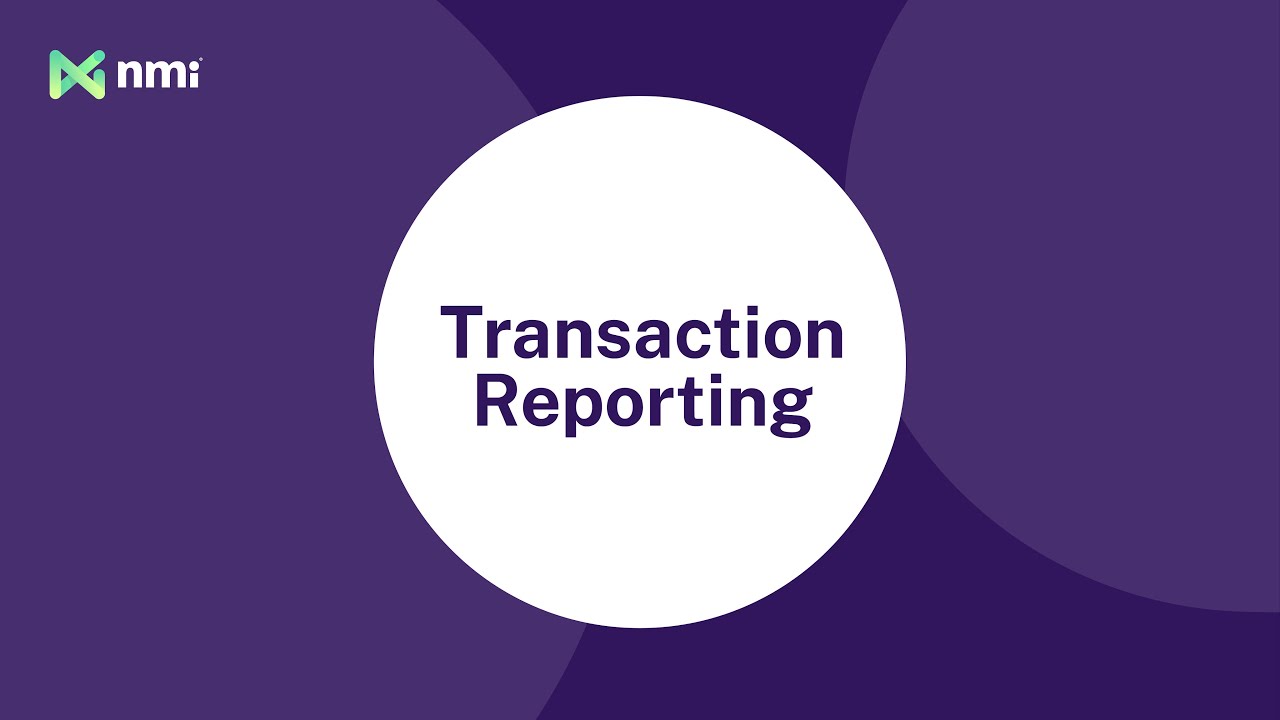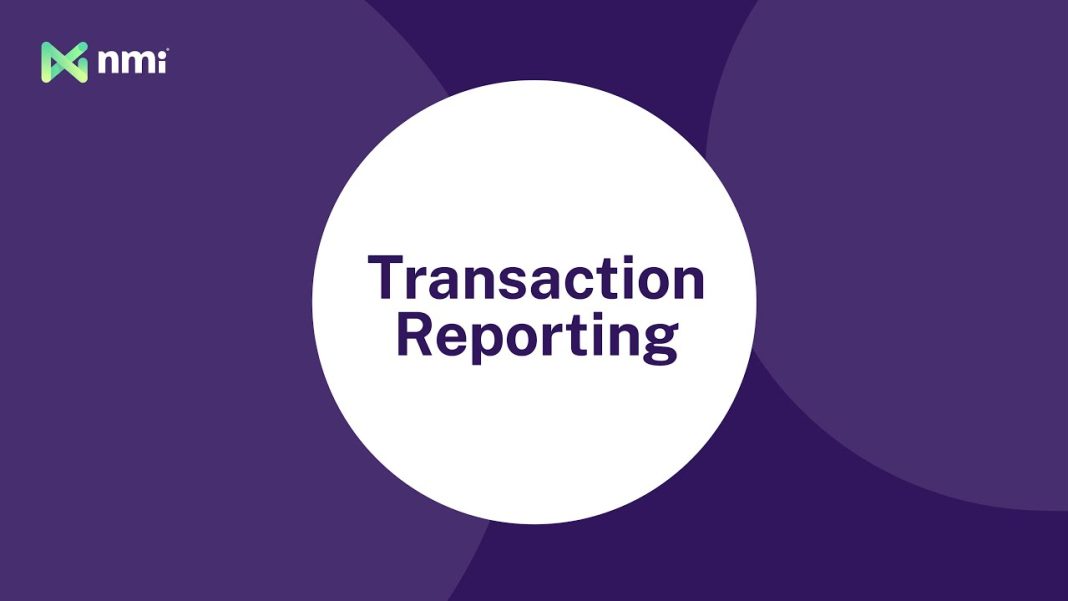 New Rules Require Cryptocurrency Brokers to Report Transactions to IRS
New Rules Require Cryptocurrency Brokers to Report Transactions to IRS
The U.S. Department of the Treasury and the Internal Revenue Service (IRS) have announced new regulations aimed at increasing tax compliance among high-income individuals involved in cryptocurrency transactions. The final rule, published on Friday, requires cryptocurrency brokers to report details of digital asset transactions to the tax agency.
Starting in 2026, brokers will be required to report gross proceeds from the sale of digital assets, and beginning in 2027, they must also report information on the tax basis for certain digital assets. The tax basis refers to the original purchase price of digital assets and is used to determine taxes owed when the assets are sold.
It is important to note that these new regulations do not change tax requirements for taxpayers themselves. They are specifically directed at brokers, who will now be responsible for reporting this information to taxpayers. This will make it easier for taxpayers to accurately calculate their gains or losses and pay the appropriate taxes.
Acting Assistant Secretary for Tax Policy Aviva Aron-Dine highlighted the importance of these reporting requirements in reducing tax evasion by wealthy investors. By implementing these regulations, taxpayers will be better equipped to fulfill their tax obligations while also ensuring that high-risk individuals cannot use digital assets to hide taxable income.
However, these regulations have faced criticism from various organizations. Cboe Global Markets raised concerns about the definition of a broker, stating that it includes entities that may not be best positioned to provide tax reporting information. This could create complications and additional reporting obligations for digital asset exchanges.
The U.S. Chamber of Commerce also criticized the effective date of the rule, arguing that it does not allow enough time for brokers to develop and test the necessary systems for compliance.
IRS Commissioner Danny Werfel defended the regulations, emphasizing that they were finalized after careful review of public comments. He believes that these regulations will help close the “tax gap” related to digital assets and improve detection of noncompliance.
Werfel also emphasized the need for adequate funding for the IRS to address potential noncompliance in the digital currency space. The complexity of the tax system is expanding with the introduction of new assets, and the IRS requires sufficient technology and personnel to keep up with these changes.
It’s worth noting that the new regulations do not apply to decentralized or non-custodial brokers who do not take possession of the digital assets being exchanged. The IRS and Treasury plan to provide separate rules for these brokers in the future.
In the meantime, current tax rules already require Americans to report all cryptocurrency and digital asset income when filing taxes. The IRS has included a specific question related to these transactions on tax forms, ensuring that taxpayers must disclose their involvement with digital assets.
Overall, these new regulations aim to improve tax compliance in the cryptocurrency space by holding brokers accountable for reporting transactions. By implementing these requirements, the IRS hopes to reduce tax evasion and ensure that individuals fulfill their tax obligations accurately.


